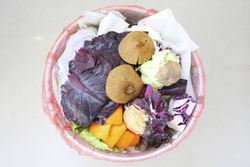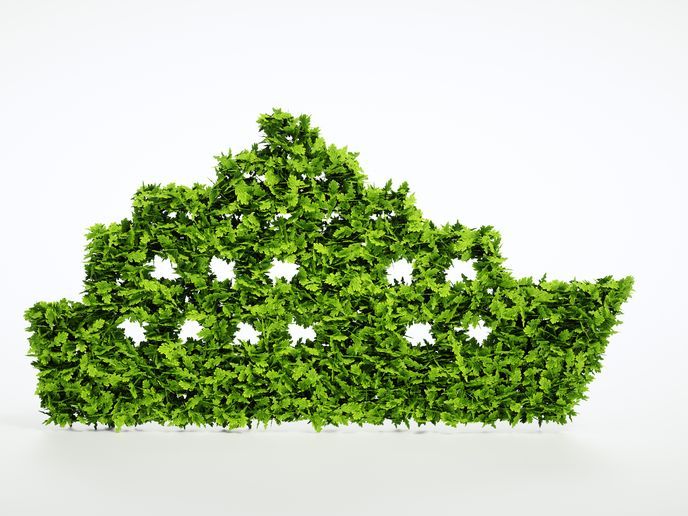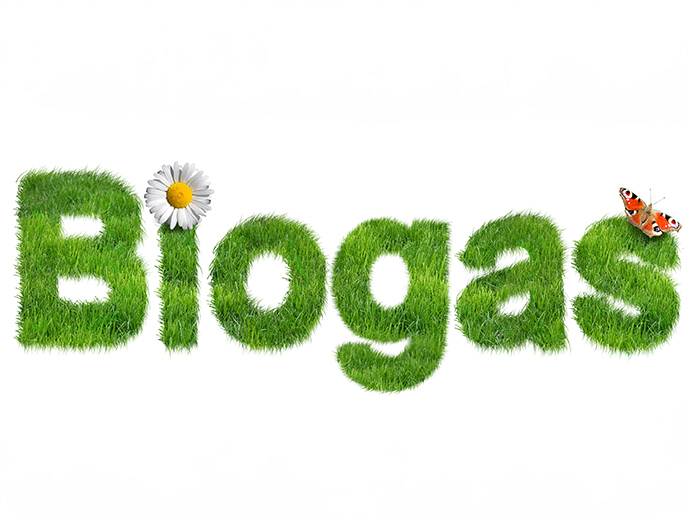Biogas production from seaweed
The aim of the EU-funded BIOWALK4BIOFUELS (Biowaste and algae knowledge for the production of 2nd generation biofuels) project was to develop an alternative and innovative system for biowaste energy recovery and use of greenhouse gas emissions to produce biofuels, using seaweed. Researchers produced biogas from a mix of algae and biowaste with a fully automated production system. The biogas production plant included a pre-treatment plant, an anaerobic digestion process and a co-generator for combined heat and power (CHP). In addition to green algae other substances used in the anaerobic digestion phase included an activation mix of rumen and corn as well as chicken manure and olive oil mill waste. Cereal crops were not required, which reduced costs and addressed land use issues. Life-cycle analyses (LCAs) confirmed the environmental benefits of the biogas production system. Organic residues from the biodigester can be used as organic fertiliser, while biogas can be used for combined heat and power (CHP) production, or in an upgraded form as biofuel for cars and trucks. In addition, the BIOWALK4BIOFUELS process offers a solution to many lagoons, lakes and sea coasts suffering from excessive seaweed growth caused by increasing levels of nitrogen and phosphorous. The material can be simply harvested and used for biogas production. The BIOWALK4BIOFUELS plant is ready for start-up and the CHP utilities, including their pipelines and controls, have been optimised and are in place to turn biogas into heat and electricity. Proof-of-concept is expected to have important impact on the planning of future biogas plants for co-digestion of seaweed with biowaste and the achievement of EU goals for renewable energy and emissions.
Keywords
Biogas, seaweed, biowaste, energy recovery, BIOWALK4BIOFUELS, combined heat and power, organic fertilizer, biofuel







